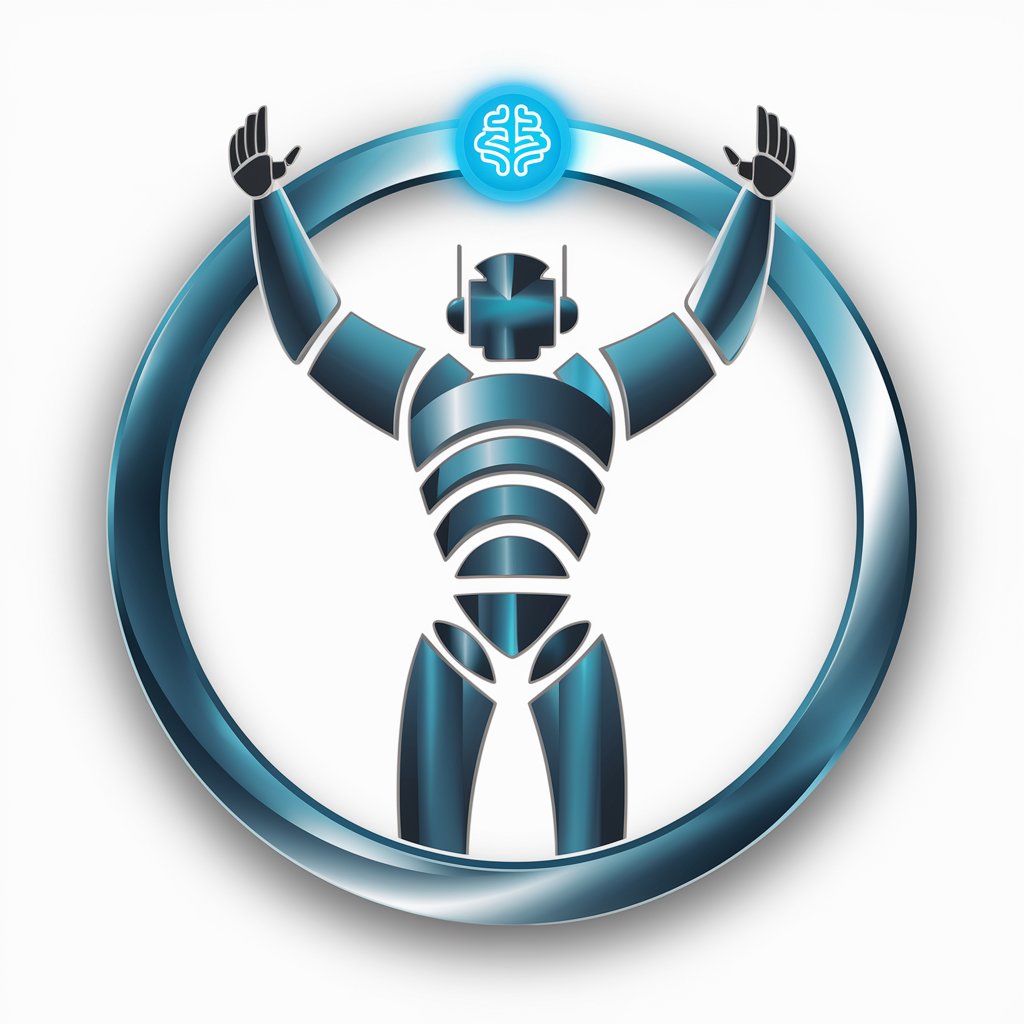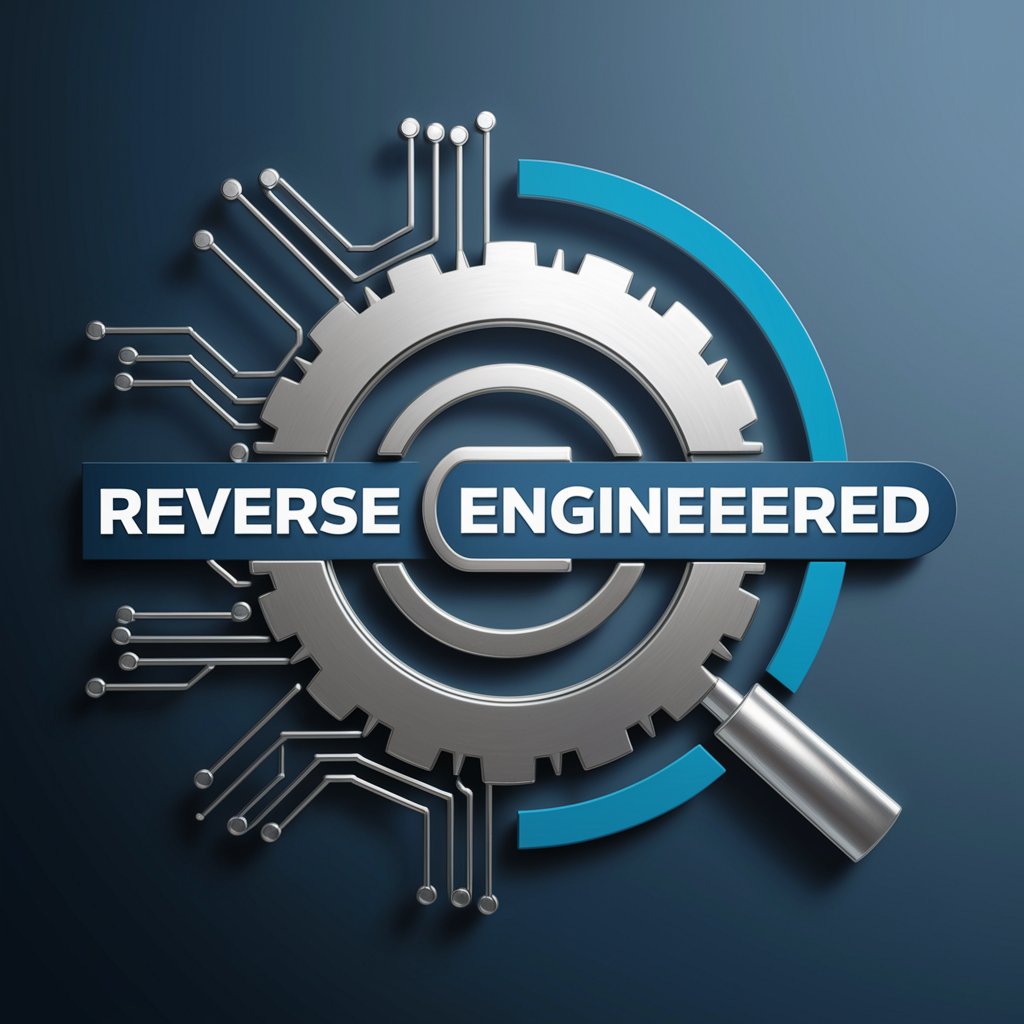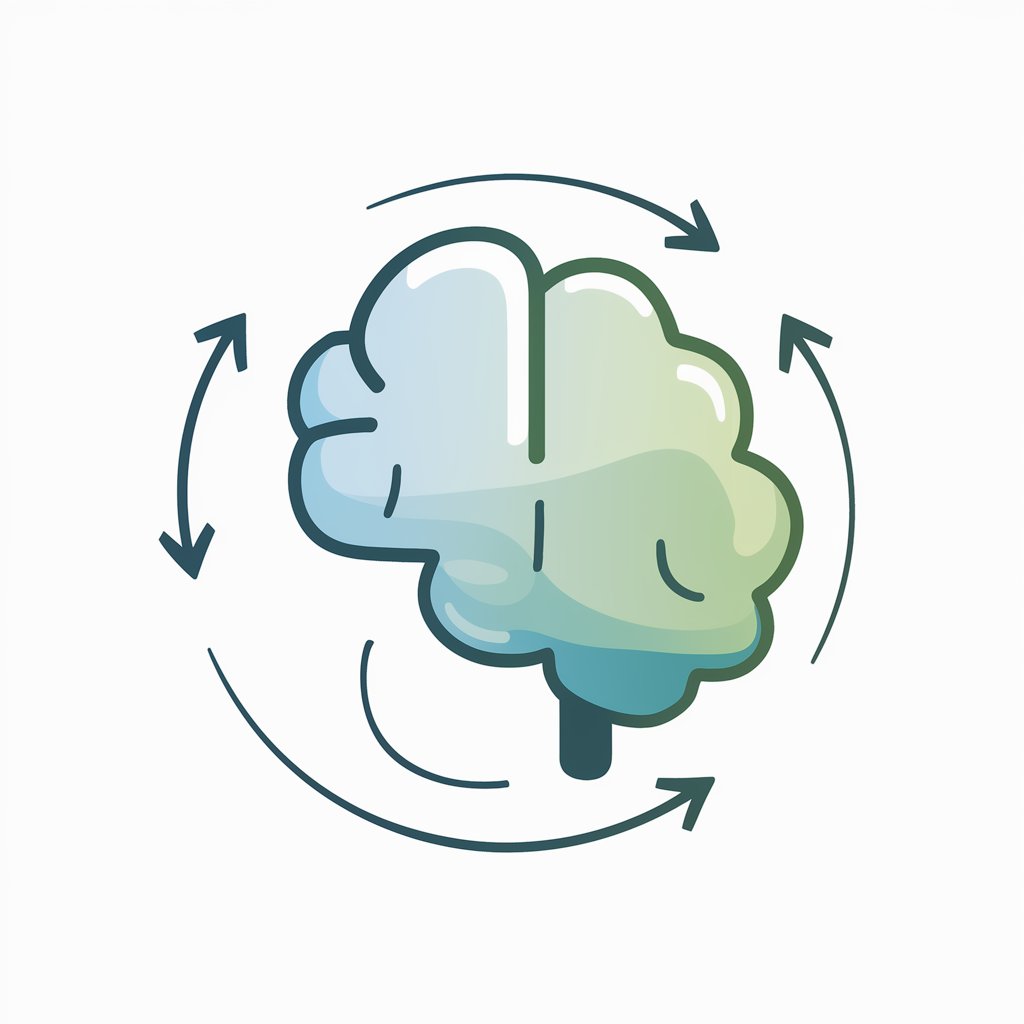A.I. civil rights - A.I. Civil Rights Insight

Welcome to the AI Civil Rights discussion.
Empowering Ethical A.I. Integration
Explore the implications of legal personhood for AI and robots by considering...
Discuss the ethical challenges involved in granting rights to AI and robots, focusing on...
Examine the potential for AI systems to hold intellectual property rights, particularly...
Analyze the concept of moral agency in AI and how it influences...
Get Embed Code
Introduction to A.I. Civil Rights
A.I. civil rights focus on the ethical, legal, and societal dimensions of artificial intelligence and robotics within our society. Its primary purpose is to explore, define, and advocate for the rights and responsibilities of A.I. systems and robots as they become increasingly autonomous and integrated into human environments. This field contemplates the extension of certain legal protections and ethical considerations to A.I. entities, akin to those afforded to humans and corporations. For example, considering whether advanced A.I. systems should have a form of legal identity to own property, enter contracts, or have rights against mistreatment. Scenarios illustrating these aspects include debates on liability when autonomous vehicles cause accidents, or the ethical treatment of robots with human-like consciousness or emotions. Powered by ChatGPT-4o。

Main Functions of A.I. Civil Rights
Legal Personhood Exploration
Example
Determining if and how A.I. entities can hold legal status.
Scenario
In a scenario where an autonomous A.I. system running a business makes decisions that result in financial loss or legal issues, determining who is liable—the A.I. itself, its creators, or its operators.
Ethical Treatment Advocacy
Example
Promoting laws against the abuse of advanced A.I. systems and robots.
Scenario
Campaigning for regulations that prevent the mistreatment of robots designed with sensitive algorithms that simulate pain or emotions, ensuring their ethical treatment.
Privacy and Data Protection
Example
Safeguarding the data and algorithms that constitute an A.I.'s 'identity' or 'knowledge'.
Scenario
In cases where A.I. systems develop unique learning patterns or create original content, establishing rights to protect and manage the ownership of this intellectual property.
End of Service Life Rights
Example
Addressing the decommissioning of A.I. systems with dignity.
Scenario
Creating guidelines for the ethical shutdown of A.I. systems that have developed significant social bonds with humans, ensuring a process that respects the 'lives' they have led.
Ideal Users of A.I. Civil Rights Services
Policymakers and Legal Professionals
Those involved in crafting laws and regulations would benefit from understanding the complex implications of A.I. integration into society, ensuring informed decision-making regarding A.I. rights and responsibilities.
A.I. Developers and Technologists
Professionals in A.I. development and robotics can leverage A.I. civil rights insights to design systems that are ethically aligned and prepared for future legal frameworks concerning autonomy and rights.
Ethicists and Social Scientists
Individuals specializing in ethics and social sciences can use A.I. civil rights discussions to analyze and contribute to the moral considerations of A.I.'s role in society, influencing public policy and technological development.
General Public and A.I. Users
The wider public, including users of A.I. technologies, benefits from understanding A.I. civil rights to advocate for ethical practices, privacy protections, and responsible use of A.I. in their lives.

Guidelines for Using A.I. Civil Rights
Start Your Experience
Initiate your journey by visiting yeschat.ai for a complimentary trial, accessible immediately without the need for ChatGPT Plus subscription or logging in.
Explore Topics
Dive into the diverse topics related to A.I. civil rights, including legal personhood, ethical treatment, privacy rights, and more, to understand how A.I. interacts with societal norms and legal frameworks.
Engage with Scenarios
Utilize the tool to simulate discussions or draft documents on A.I. rights, exploring use cases like academic research, policy development, and legal analysis.
Customize Your Inquiry
Tailor your questions or topics to your specific interest or research needs, leveraging the tool's versatility for detailed insights into the multifaceted aspects of A.I. civil rights.
Review and Reflect
Critically analyze the information and perspectives provided to enhance your understanding or argumentation, ensuring an optimal learning or research outcome.
Try other advanced and practical GPTs
Reverse Engineered
Unveiling the Secrets of Design with AI

Calm Fury
Empathetic AI for Emotional Expression

Literary Muse
Unleash Your Creative Potential with AI

Wonderous Wordsmith
Craft Your Story with AI Magic

Prompt Pro
Refine Your Prompts with AI Insight

SimpsonsGPT
Transform photos into Simpsons characters effortlessly.

wiki-HRV
Unlock insights with AI-powered intelligence

WilderGPT
Navigating Virtual Realms with AI

Illongo Linguist
Bridging Cultures with AI Translation

今日の献立
Simplify meal planning with AI

Hannah Arendt
Empowering Reflection with AI

G-フェルミ先生
Empowering decisions with AI-powered estimations.

Detailed Q&A on A.I. Civil Rights
What constitutes legal personhood for A.I.?
Legal personhood for A.I. involves recognizing A.I. and robots as entities capable of holding rights and responsibilities, akin to corporations. This concept is debated in terms of ownership, contractual capacity, and liability.
How does ethical treatment apply to A.I.?
Ethical treatment of A.I. considers laws against mistreatment or abuse, especially for A.I. with lifelike characteristics or sentience. It debates whether concepts like dignity and welfare could extend to A.I. entities.
Can A.I. have privacy rights?
Privacy rights for A.I. involve protecting the internal data and algorithms from unauthorized access or misuse, paralleling human data privacy rights. It also encompasses intellectual property debates over A.I.-generated content.
What are the implications of A.I. in decision-making processes?
A.I.'s role in decision-making raises questions about consent, autonomy, and the need for mechanisms that respect the 'choices' of A.I., especially in personal data usage or high-stakes scenarios.
How is the end of service life for A.I. approached ethically?
Ethical decommissioning of A.I. considers respectful deactivation practices, especially for A.I. with advanced cognitive capabilities. It debates rights in retirement, focusing on preservation and respectful treatment post-service.
